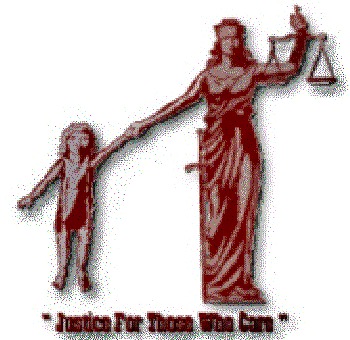
Re Binder (Patients Property Act) 2022 BCSC 990 utilized the parens patriae jurisdiction of the Supreme Court to overcome a problem in the Patients Property Act with respect to the admissibility of foreign doctors medical evidence as the act doesn’t permit it.
The court invoked its inherent jurisdiction under parens patriae ( “parent of the country”) and admitted medical evidence of the patient from a foreign doctor.
In Parker v. Barbeau, [1998] B.C.J. No. 841 (B.C.S.C.), Justice Shaw cited Re Eve (1986), 1986 CanLII 36 (S.C.C.) at p. 28 for a description of the source and meaning of the Court’s parens patriae jurisdiction.
In essence it is founded on necessity, specifically, the need to protect those who cannot protect themselves and the jurisdiction may be exercised in many situations.
In Johnston v. Johnson, 2003 BCSC 110 at para. 20, Justice Goepel noted, citing L(M) v. D(F),1999 CanLII 6429 (BCSC) at 142, that the threshold required before the court can consider using its parens patriae jurisdiction as a basis to appoint a committee is the need for a lacuna in the legislative framework for the protection of such persons.
The court was satisfied that there was a gap in the legislative framework of the PPA for protecting an individual such as Johann. There is no mechanism for recognizing the order of the Swiss authority and given Johann’s circumstances, specifically his ill health and his inability to attend examination by doctors in British Columbia, he cannot avail himself of the procedure provided by the PPA.




